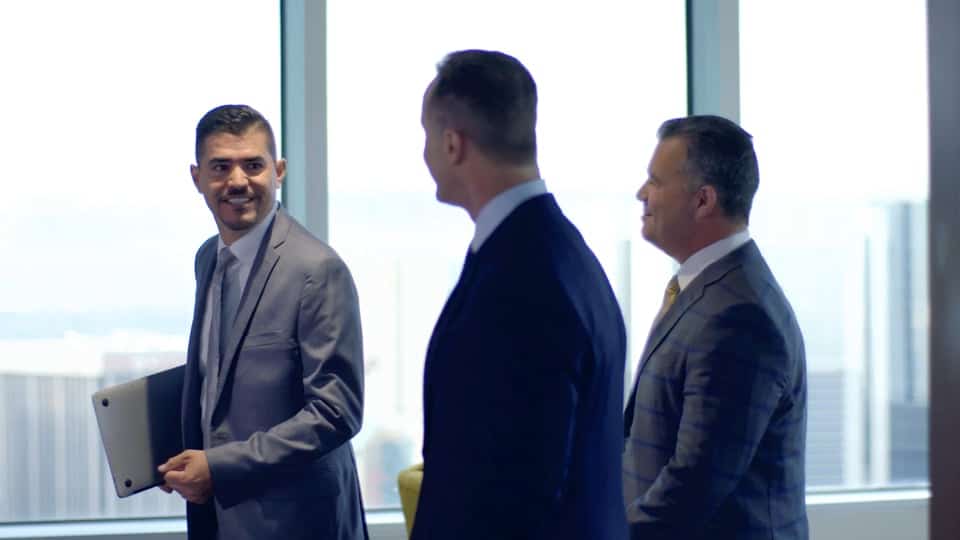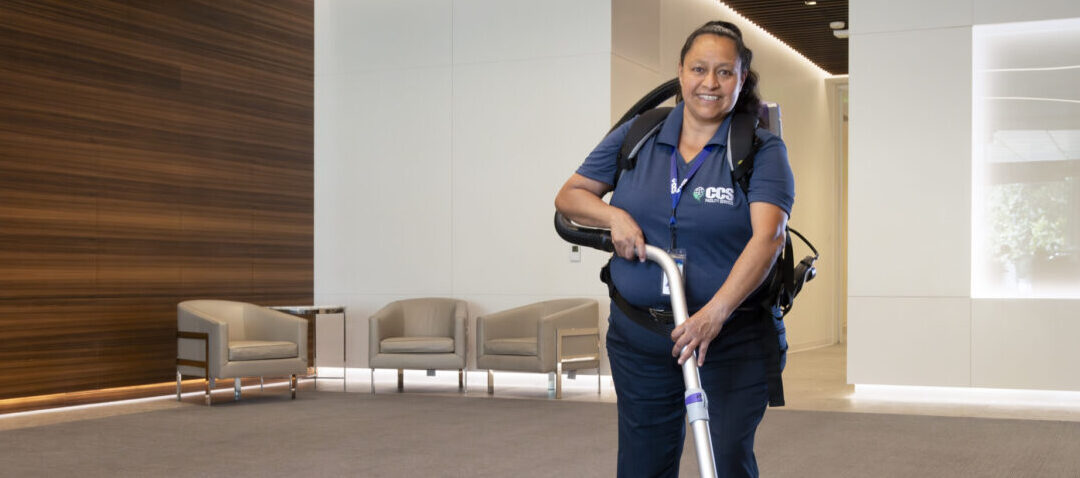A facility manager is many jobs in one title: servicing tenants’ many and varied needs, keeping abreast of regular yet inconsistently occurring maintenance issues, strategizing for timely yet budget conscious upgrades, managing staff and vendors, and responding to the questions and concerns of a wide variety of constituents.
A facility manager is essentially the definition of a jack of all trades. Add to that the now 18-month-long (with an unclear end date) response to (and rewriting of) COVID-19 protocols, and a facility manager can start to feel overwhelmed. Therefore, let’s focus on efforts you can undertake to take care of not only your people but yourself: the human factors in property management. As a reminder, from IFMA’s 11 core competencies of a facility manager, human factors include providing a healthful and safe environment, security, and facility manager employee development.
Let’s focus on the healthful and safe environment aspect. Again, as the COVID-19 experience has shown us, facility managers play a critical role in developing and maintaining a healthful environment for facility occupants. With so many varied individuals coming through your doors every day, one of the most important things you can do to protect people is to clean for health. (It took a global pandemic to remind people what moms have been saying forever: WASH YOUR HANDS.) While you cannot control what and how people exercise their own hygiene habits, you can continue to encourage and promote healthy behaviors in your facility. Keep assessing your signage. Demonstrate healthy behaviors as a staff. Make your efforts known to your facility occupants. Even if people are inconsistent about applying individual health precautions, they expect the facility management team to be consistent.
When it comes to infectious disease, health goes hand in hand with safety, and safety has meant restricting access points. Facilities and campuses have almost incalculable locations for ingress and egress. But even without the pandemic, you must be knowledgeable about who has access to your facility. Facility managers alone cannot possibly have eyes on every location all day long, which means you need buy-in from your team.
Buy-in does not come automatically just because a policy says it is so. The people upon whom you must rely to enforce both your safety and health protocols must understand the rationale behind the policies, but also they must understand the WIFM, aka What’s In It For Me. While some teammates may interpret that the WIFM in building health and safety aligns with why you are doing it for the facility (specifically, protecting occupants of the building, and staff members are occupants, too), not everyone may see it that way.
Instead of mandating that they understand and absorb the WIFM as outlined above, talk to your team, including key contractors. Ask their feedback on the protocols you are putting in place and as them to express if they see any gaps. Discuss what tools they need to enforce the health and safety guidelines. Walk through scenarios when they may be confronted with an angry tenant or a belligerent delivery person. While you will always be there to help them enforce facility policies, give them ownership to deal with the problem themselves as well. A cohesive facility team who is respectfully and professionally “singing from the same hymn book” will reflect positively on your management as a whole.
Part of the WIFM – whether they know it or not – is that experiences like developing and enforcing health and safety protocols helps guide their own professional development in facility management, and this is a great opportunity for you, as the manager, to see who rises to the occasion. You may find your next right-hand person in a place in the building you did not expect, which supports another aspect of the human factor: employee professional development.
You may know the Churchill quote: “Never let a crisis go to waste.” The early days of COVID-19 may have felt like more of an acute crisis, but what continues to evolve out of this experience is an opportunity for your people to problem solve, step up, learn new skills, and be positioned to constituents—in short, to develop professionally to the benefit of the health and safety of your entire facility – and to your benefit as manager.
You’ve got a lot of hats as a facility manager. Use opportunities like this to find out who may fit into some of those hats.
About CCS Facility Services
CCS Facility Services is an integrated facilities provider, delivering expert commercial janitorial and building maintenance services to customers across the country across multiple industries. CCS is guided by an intrinsic desire to deliver clean and healthy workplaces for our customers and to provide opportunities for growth and professional advancement for our teammates. We are a company built to serve. LinkedIn. ccsbts.com
CONTACT INFORMATION:
Julie Hogan
Vice President, Marketing & Communications
CCS Facility Services
M: 303.204.3072




